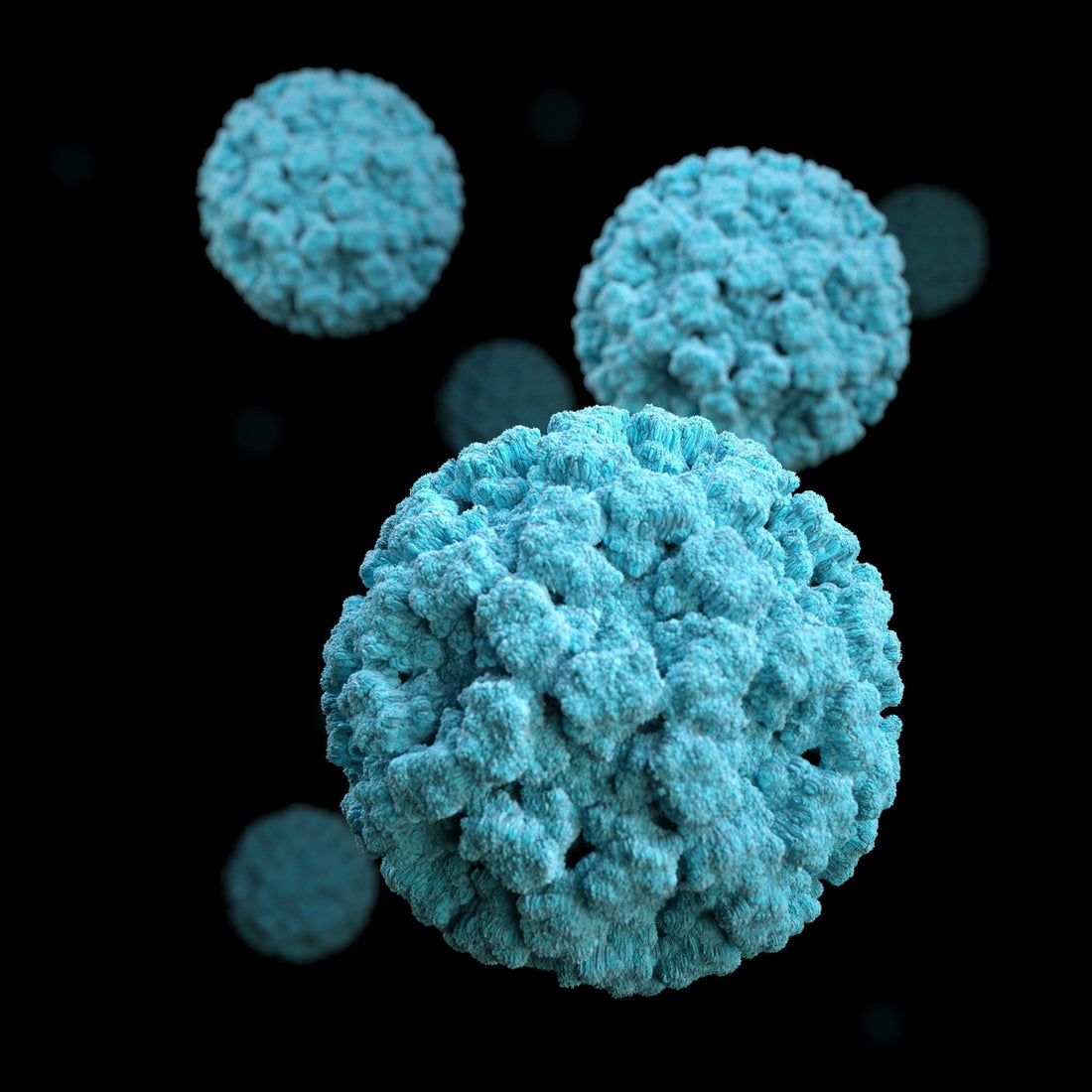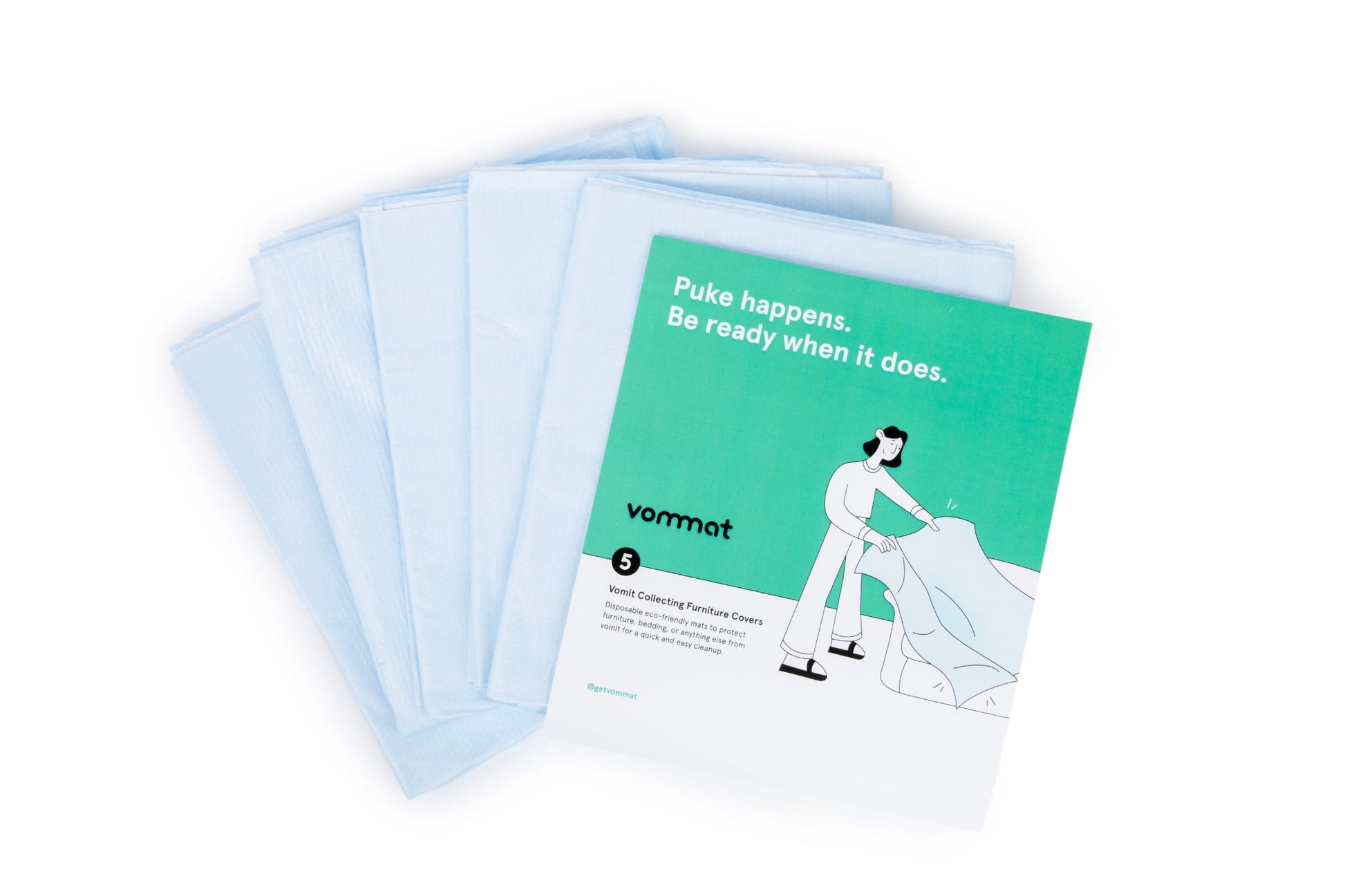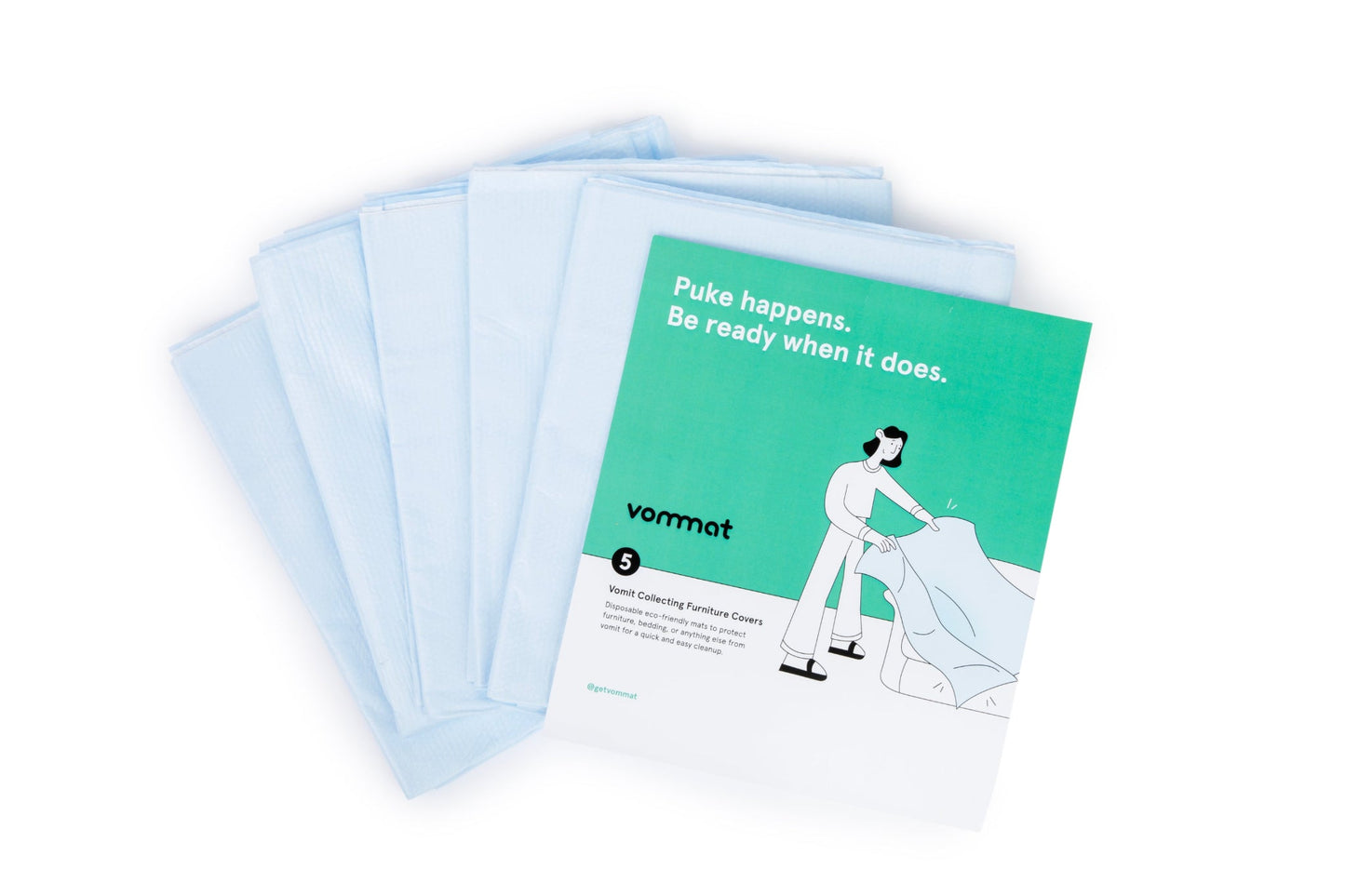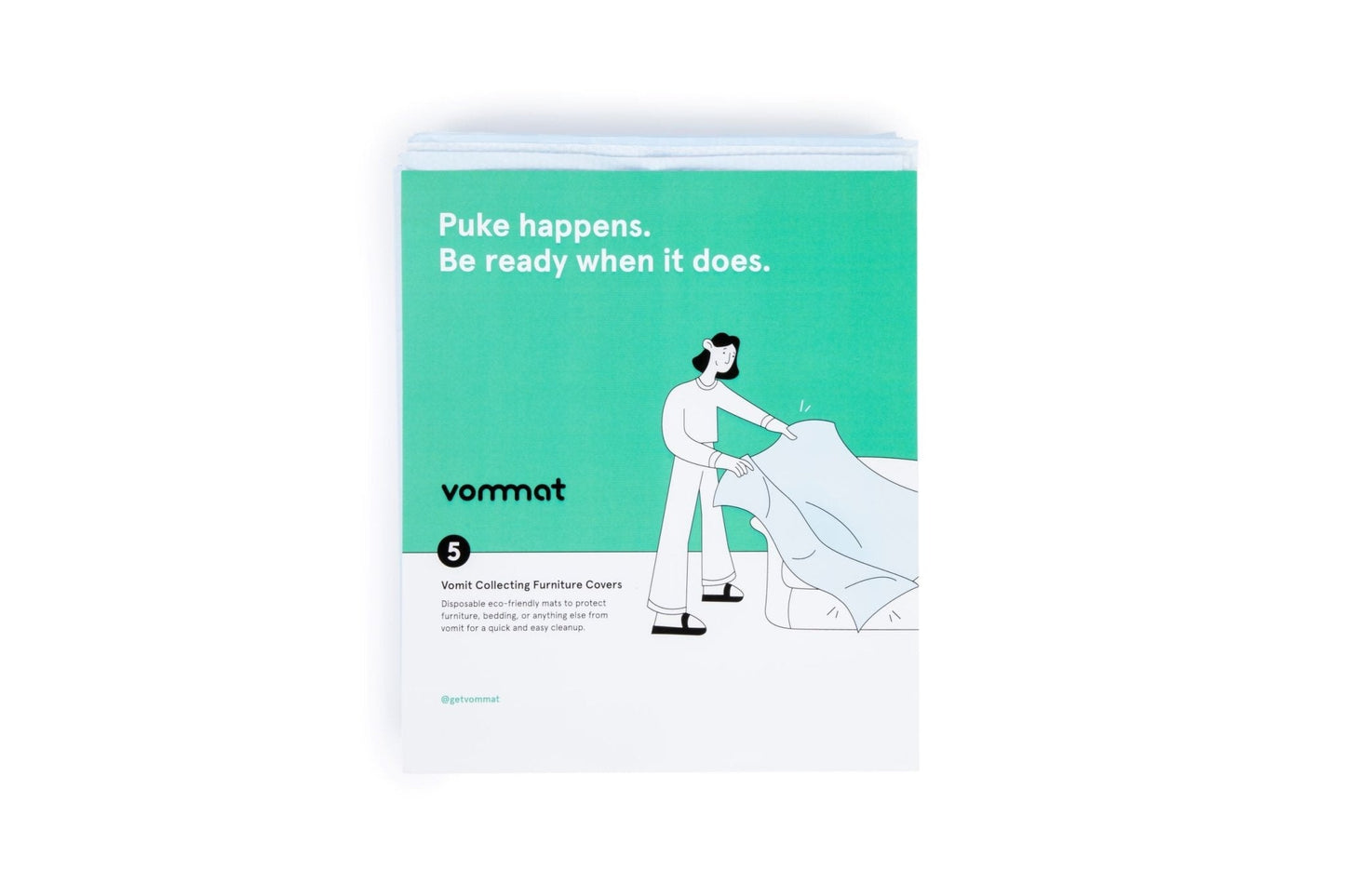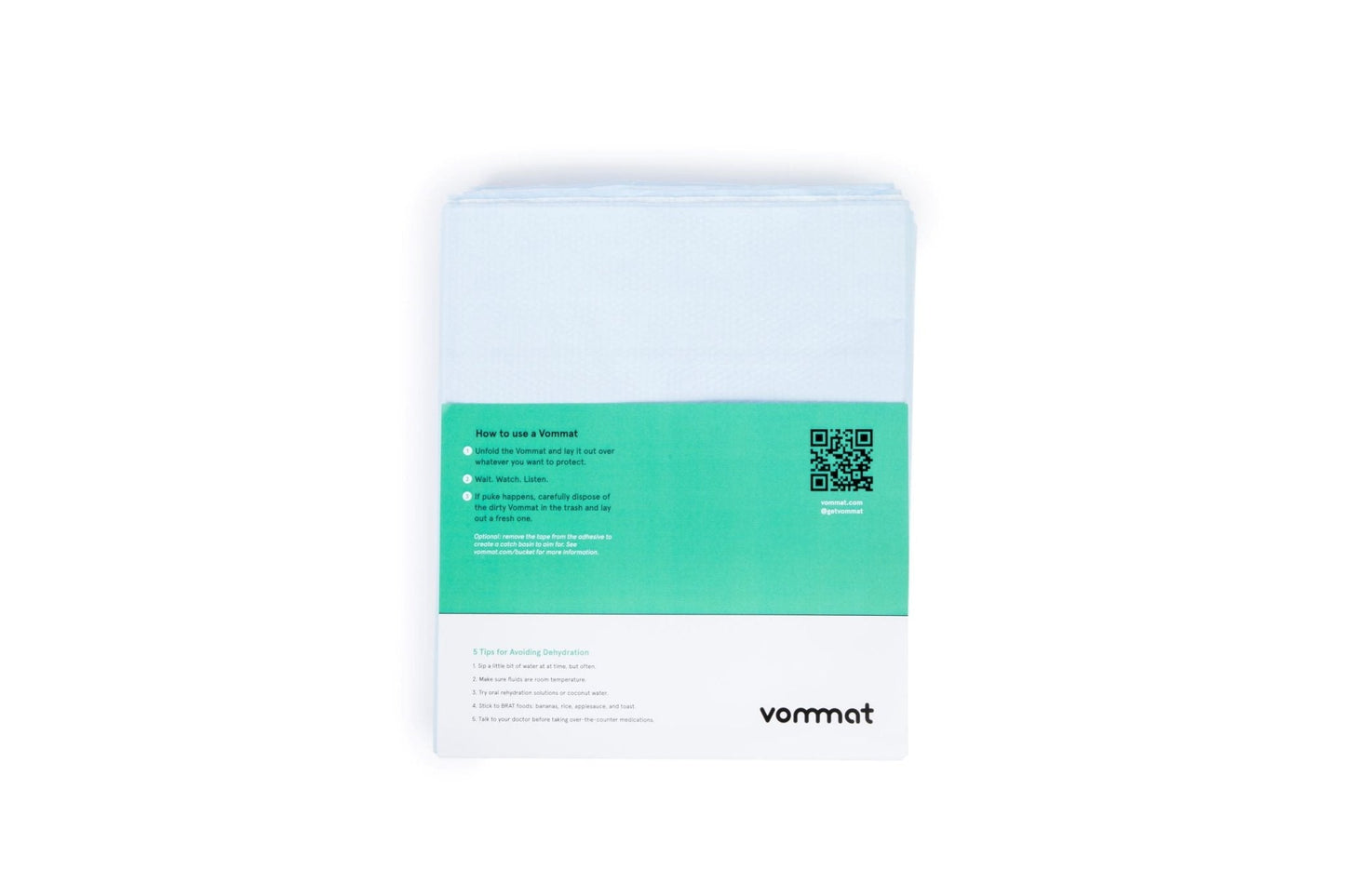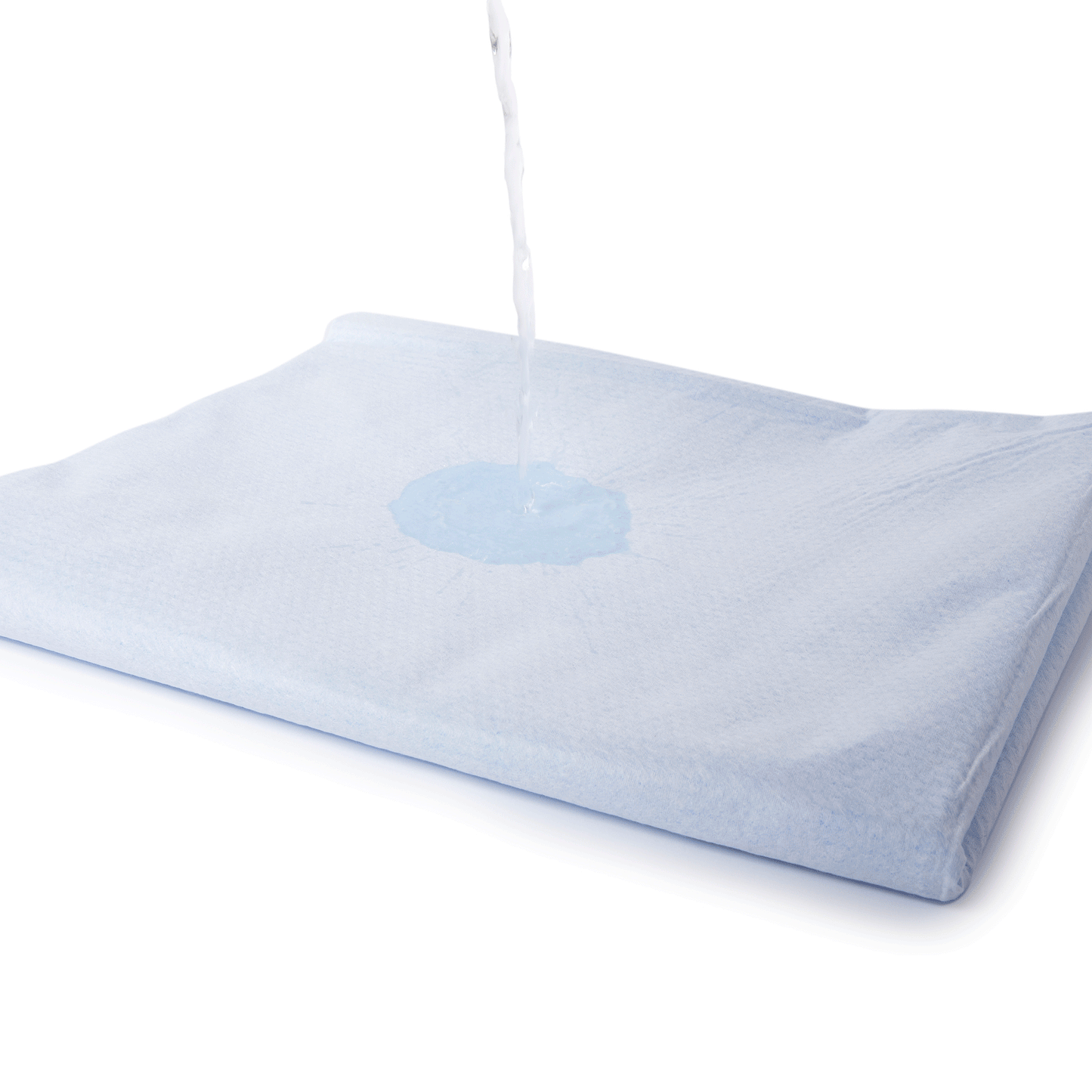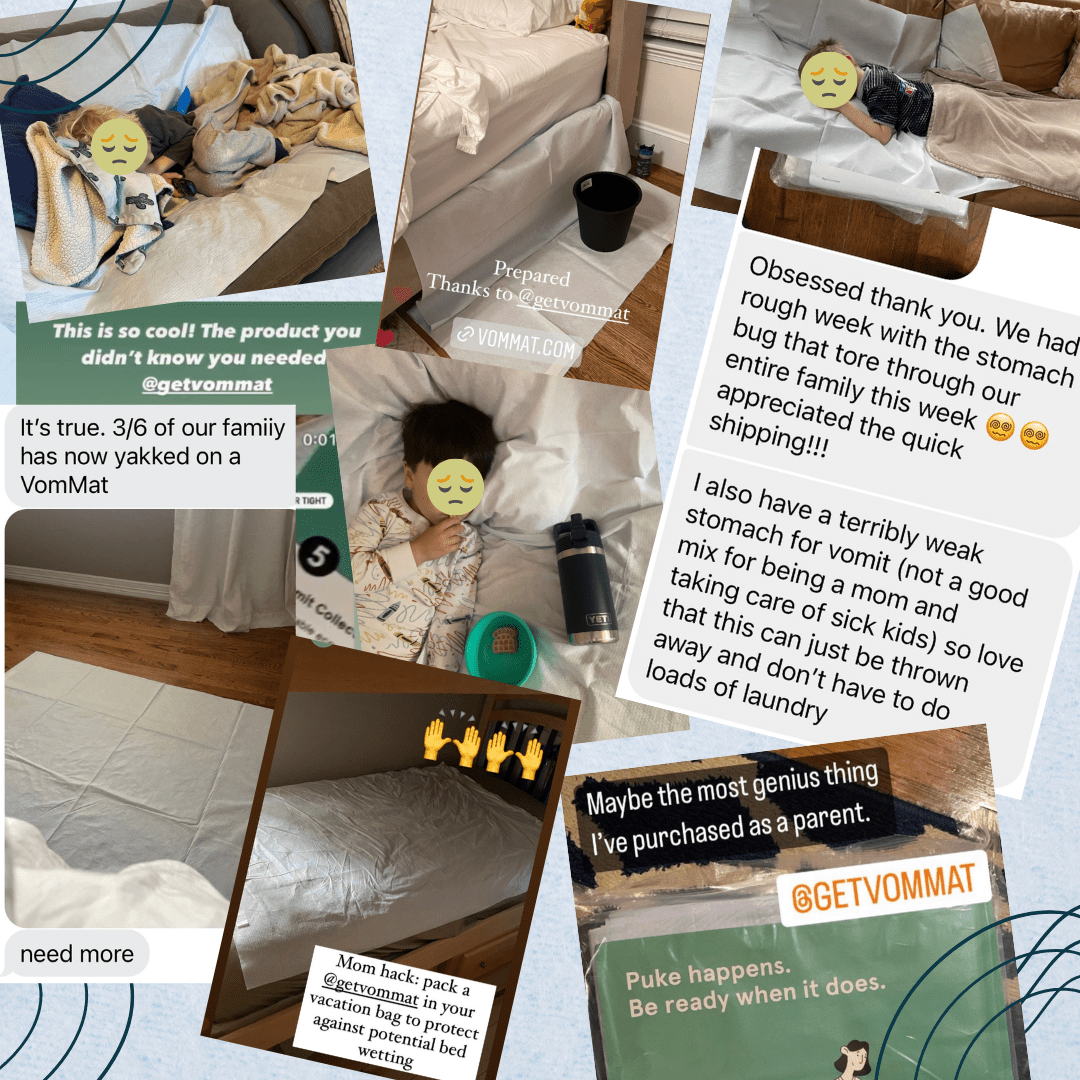If you're connected to the world this week, you've probably seen some coverage about norovirus surging in many parts of the US. While this is the normal season for the peak, it may be a little higher than usual. One thing I've noticed in the coverage, though, is a lot of new information about what can and can't kill norovirus. A lot of what I've seen is presented in a Reel so it's hard to take in all the info - sometimes it's nice to just see it in writing, ya know?
Norovirus, often referred to as the "winter vomiting bug," is a highly contagious virus that causes gastroenteritis, leading to symptoms like nausea, vomiting, diarrhea, and stomach pain. Its resilience and ease of transmission make it a significant concern, especially for parents aiming to protect their families. Understanding what can effectively kill norovirus is crucial for preventing its spread. It's not as easy as many other bugs!
The goal is first to contain it and then sanitize it.
What Kills Norovirus:
-
Bleach-Based Disinfectants: Chlorine bleach solutions are highly effective against norovirus. The Centers for Disease Control and Prevention (CDC) recommends using a bleach solution with a concentration of 1,000 to 5,000 parts per million (5 to 25 tablespoons of household bleach per gallon of water) to disinfect contaminated surfaces. Apply the solution to the affected area and let it sit for at least 5 minutes before cleaning with soap and water. CDC
-
Hospital-Grade Antibacterial Wipes: We're not talking about your regular Lysol wipes, we're talking hospital-specific, like these. Check the label to ensure they are EPA-registered and specifically claim effectiveness against norovirus. Even with such wipes, thoroughly cleaning the surface beforehand and following the product's instructions for proper use is essential to maximize effectiveness. The "wet time" is the important thing - sometimes they need several minutes to complete their task.
-
Thorough Hand Washing with Soap and Water: Hand sanitizers are generally ineffective against norovirus. Instead, wash hands thoroughly with soap and water for at least 20 seconds, especially after using the restroom, changing diapers, and before eating or preparing food. UCHealth
-
High-Temperature Laundering*: Immediately remove and wash clothes or linens that may have vomit or feces on them. Use hot water and detergent, and dry them on the highest heat setting to ensure the virus is killed. Handle contaminated items carefully, wearing gloves, and avoid shaking them to prevent the spread of the virus. CDC
*This is where something like Vommat comes in really handy - it's much easier to contain vom or feces on a disposable sheet and throw it away then to try to properly clean and sanitize your couch, right?
What Does Not Kill Norovirus:
-
Alcohol-Based Hand Sanitizers: This is a total bummer but hand sanitizers are not effective against norovirus because the virus lacks a lipid envelope, which alcohol can disrupt. Therefore, relying solely on hand sanitizers can lead to the spread of the virus. UCHealth
-
Regular antibacterial wipes, while convenient for cleaning surfaces and killing bacteria, are not effective against norovirus. This virus is particularly tough because it lacks a lipid envelope, which antibacterial agents typically target. Most household antibacterial wipes are not formulated to destroy non-enveloped viruses like norovirus.
-
Vinegar and Essential Oils: Natural cleaners like vinegar and essential oils are ineffective against norovirus. To disinfect surfaces, use bleach-based cleaners or other disinfectants proven to kill norovirus. WDG Public Health
- Routine Cleaning Without Disinfection: Simply cleaning surfaces with soap and water without proper disinfection may not eliminate norovirus. It's crucial to disinfect surfaces, especially those that have been in contact with infected individuals, using appropriate disinfectants like bleach solutions. CDC
Norovirus can live on surfaces for as long as two weeks. Yes, two weeks. DAMN IT.
Preventive Measures:
-
Avoid Contaminated Food and Water: Be cautious with food preparation and consumption, especially with shellfish. Ensure that food is cooked thoroughly, and avoid consuming raw or undercooked shellfish. CDC
- Isolate Infected Individuals: Keep those infected with norovirus away from others to prevent the spread. Ensure they use separate bathrooms if possible, and disinfect shared spaces regularly. CDC
-
Maintain Personal Hygiene: Encourage regular hand washing among family members, especially after using the restroom and before meals. Teach children the importance of hand hygiene to prevent infection. CDC
It's hard to adhere by these guidelines 100% but being aware and knowing what to watch for is better than nothing.
TL;DR? Here's a handy chart:


